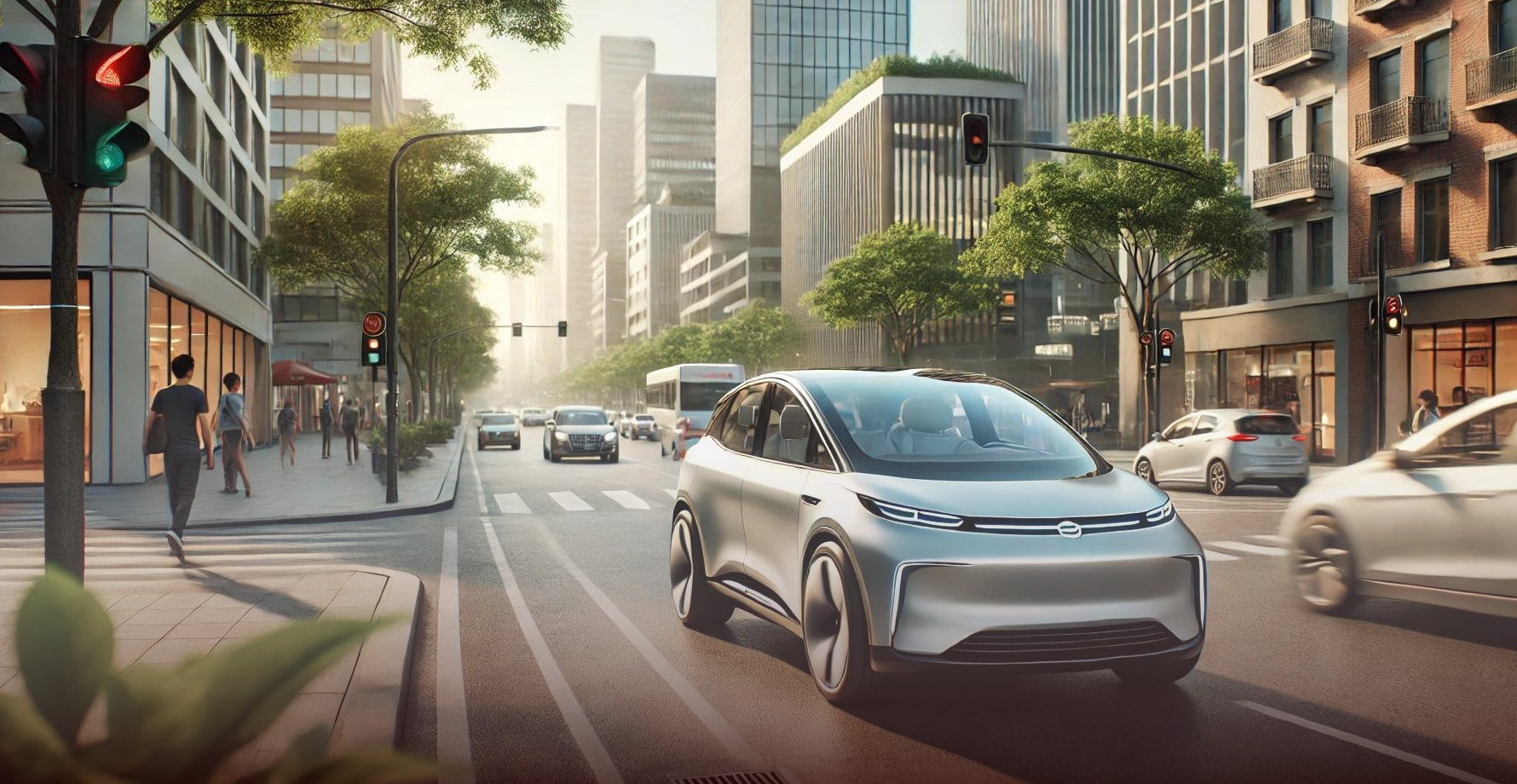BEV Sales Poised to Reach 10 Million in 2024, Equal Market Share with ICE Vehicles by 2029
Published: 7.19.2024
The electric vehicle (EV) market is on the brink of a significant transformation as battery electric vehicle (BEV) sales are forecasted to hit 10 million units in 2024, as reported by Counterpoint Research. This signals a major shift in the global automotive market, driven by increasing consumer demand for sustainable transportation and stringent emission regulations.

According to Counterpoint’s report, BEV sales are expected to continue to thrive despite a temporary slowdown in 2024. Traditional automakers are ramping up their production processes and forging strategic partnerships with battery manufacturers to lower costs and produce affordable EVs to meet stricter emission regulations and capitalize on evolving subsidies and growing consumer demand.
China is set to maintain its dominance in the BEV market, with its BEV sales projected to be four times that of North America in 2024. The country is expected to hold more than 50% of the global BEV sales until 2027. From 2025, Europe and the US is expected emerge as major growth drivers, contributing significantly to the global BEV market.
While BEV sales are on the rise, hybrid vehicles (PHEVs and HEVs) are expected to dominate the electrified segment in the near term. Automakers are promoting hybrids to meet stringent fleet emission standards and to bridge the gap until cost-effective BEV manufacturing processes are fully established to align with broader industry efforts to streamline the transition to electric mobility, which requires substantial investments in charging infrastructure and grid restructuring.
S&P Global Mobility projects that BEV sales will reach 13.3 million units in 2024, accounting for 16.2% of global passenger vehicle sales. This growth underscores the ongoing necessity for emissions reductions and the increasing profitability of the EV sector. The push towards electrification is further supported by advancements in battery technology and the development of reliable vehicle-charging ecosystems.
The long-term projection by Counterpoint indicates that BEVs will attain equal market share with internal combustion engine vehicles by 2029, marking a pivotal moment in the automotive industry and highlighting the successful transition towards sustainable transportation and the diminishing dominance of ICE vehicles.
As BEV sales are growing, their impact on global oil demand is undeniable. BloombergNEF estimates EVs are already displacing a significant 1.7 million barrels of oil daily, representing 3% of total road fuel consumption. This displacement is expected to accelerate as BEV adoption explodes, further weaning transportation off its dependence on oil.
The decline in oil demand for road transport is a trend supported by multiple forces. McKinsey forecasts electrification and increasing EV efficiency as key drivers. Additionally, the growing use of renewable energy and advancements in battery technology are fueling the viability and attractiveness of BEVs.
The BEV revolution is transforming the automotive industry, forcing traditional automakers and innovative startups to be vying to shape the future of mobility. Their concerted efforts to produce affordable, efficient, and eco-friendly electric vehicles are poised to redefine the automotive landscape for years to come.


.png)

